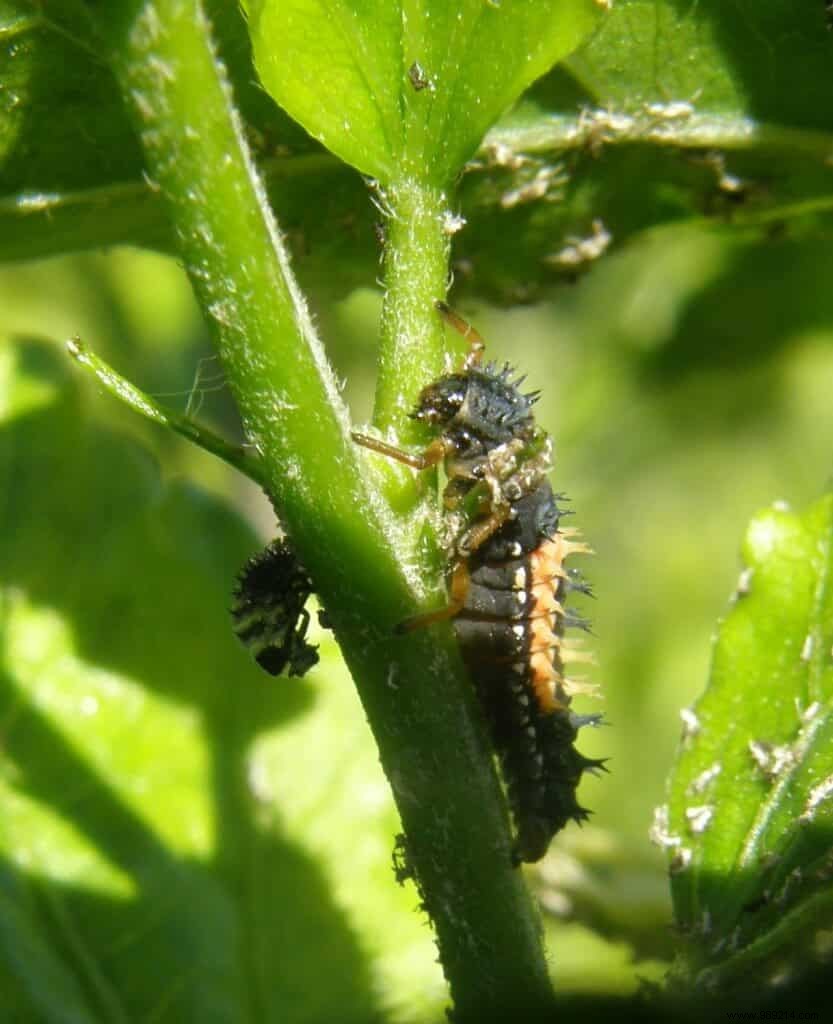As experienced gardeners often hear, "If we don't treat, we have nothing!" But is that true? Discover practical steps to manage your garden without pesticides.
In this series, we'll clarify garden product use and address the key question: Should I treat, and with what? We'll define pesticides, explore risks to health and the environment, and share effective alternatives. Stay tuned for upcoming articles.
Let's begin with the basics in Part 1:
A pesticide, meaning "pest killer," targets diseases or pests that damage crops.
The term evolved from "phytosanitary product" to plant protection product. It's like shifting from care to medicine. For simplicity, I'll refer to them as phyto products here.
A phyto product contains one or more active substances that:
The remainder consists of formulants—wetting agents, colorants, emetics, bitters—and fillers that determine the form: liquid, powder, granules, or paste.
Phyto products can be synthetic chemicals or natural "organic" options. Organic ones are approved for organic farming but serve the same purpose as chemical versions, with their own pros and cons. Don't assume they're harmless; otherwise, why use them? We'll compare them later.
These products are rigorously approved for specific pests on specific crops—the pairing is inseparable. An aphid control for roses may not work on lettuce aphids. Doses, frequencies, and application times vary by product and crop.

Amateur gardeners can only use products labeled EAJ (Authorized for Garden Use). Professional products are off-limits. EAJ items offer proven efficacy, small-dose packaging for gardens, and lower user risks.
To be continued…